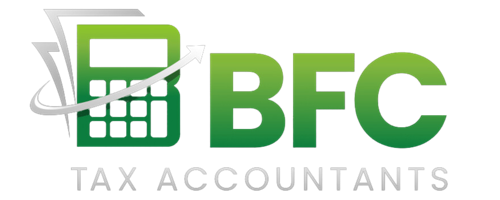Among the most stressful moments for many individuals in Canada is the annual personal income tax season, which occurs in March and April.
The year 2021 has been about money for many reasons, as there has been a lot of attention placed on the latest crypto, inflation, housing prices, taxes, and a few others. While income can go up and up or down and down depending on your business or cause, taxes are typically more predictable if you are prepared.
There is never a bad time to decide whether to hire someone to fill out your forms or do them yourself. The degree of complexity — or simplicity — of your own tax situation can guide you in this choice.
One should always be primarily responsible for their income tax returns even if they hire an accountant or not. It’s up to the taxpayer to gather the year’s tax documents together — and those of previous years as well, if needed.
You are not ignorant of the fact that money is important to many aspects of our lives. Recently, a study by the American Psychological Association revealed that money has become a source of intense tension in many people’s lives, including work, family, personal health concerns, and other sources.
Tax deadline in Canada
The deadline for filing your 2021 personal income tax return and paying any tax owed comes on Friday, April 30, 2022. If you or your partner is self-employed, then June 15, 2022, is the deadline to file. The deadline to pay is still April 30, 2022. What happens if you are late with your deadline? Filing late means paying interest: 1% per month that you’re late (up to 12 months) and 5% on the balance you owe.
Tax brackets in Canada and how they show much you owe the Canada Revenue Agency
Without additional information, tax brackets are straightforward and simple: you find your annual income on your T4 slip and your tax rate is determined. Unfortunately, it’s not that straightforward. There are some calculations to be completed, as the tax brackets in the federal, provincial, and territorial taxes operate like climbing up the staircase of a highrise building. There are different tax rates at different levels of income. If your annual income falls within a specific range, then you could be subject to tax rates from two or three brackets.
To save you time, we break down the 2021 tax brackets for Canada and the provinces and territories based on annual income, showing the minimum and maximum tax dollars for each bracket—before tax credits, deductions, etc.
Understanding your tax bracket, and how it may affect you, will be able to help you plan and prep accordingly, so you’ll be able to expect what’s coming on April 30. Could boosting your registered retirement savings plan (RRSP) contributions change your brackets? Sometimes. You should also check to see if your employer has taken enough or too much tax out of your paycheque. Saving up in time to help cover your tax bills gives you the opportunity to save a little over anticipated tax payments if you are expecting to owe.
In case you missed the deadline for filing your 2020 income tax return
If you’re still reading this part, then there’s a big chance you missed the deadline for last year’s tax filing. Depending on your circumstances that could mean you need to take action ASAP to avoid owing any more to the Canada Revenue Agency. There is no penalty for submitting your taxes late without paying a fine, if you are due a refund. The government is happy to hold on to your money, interest-free, for a bit longer. By law, you have up to three years from the filing deadline to complete a return and get your refund.

